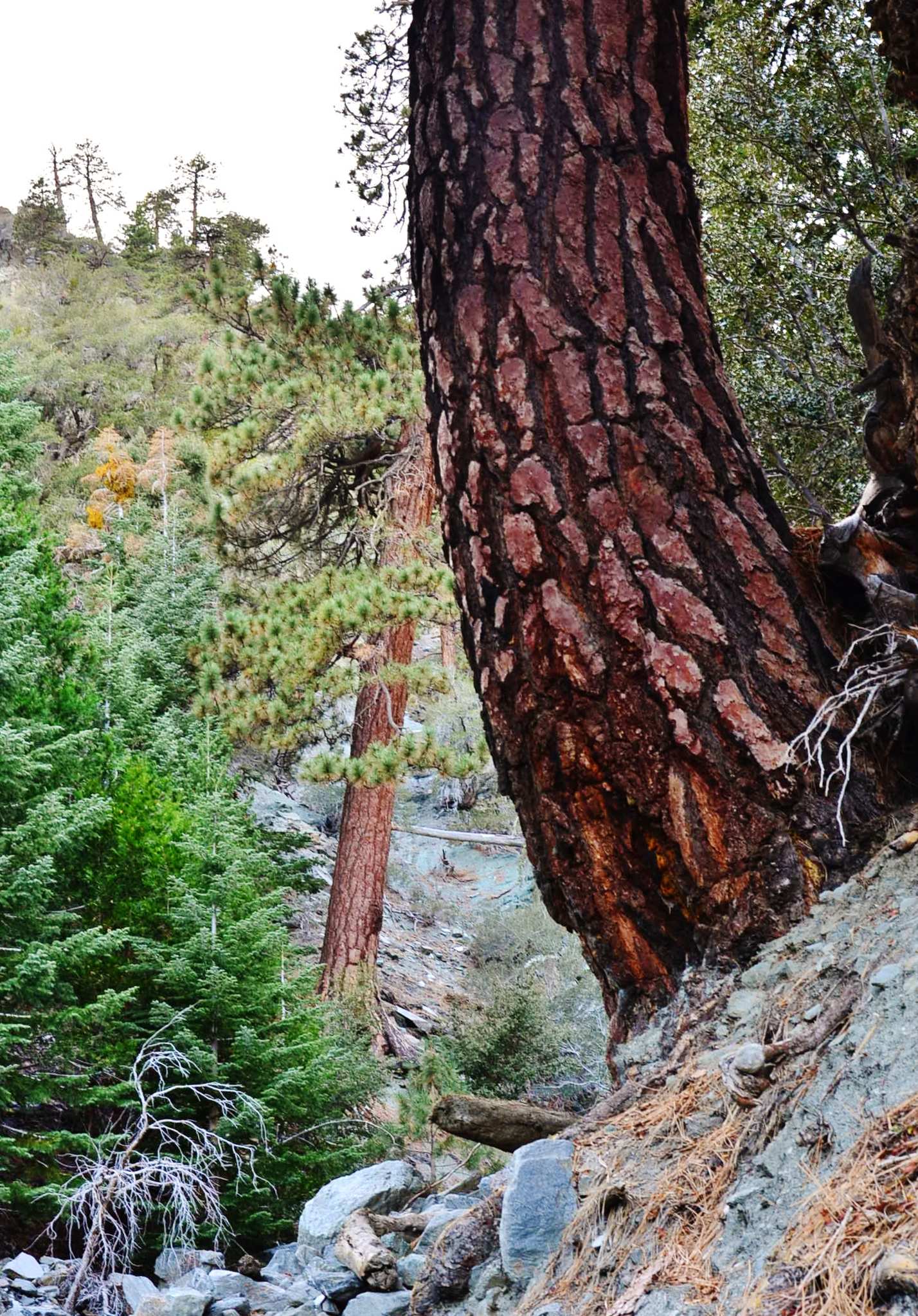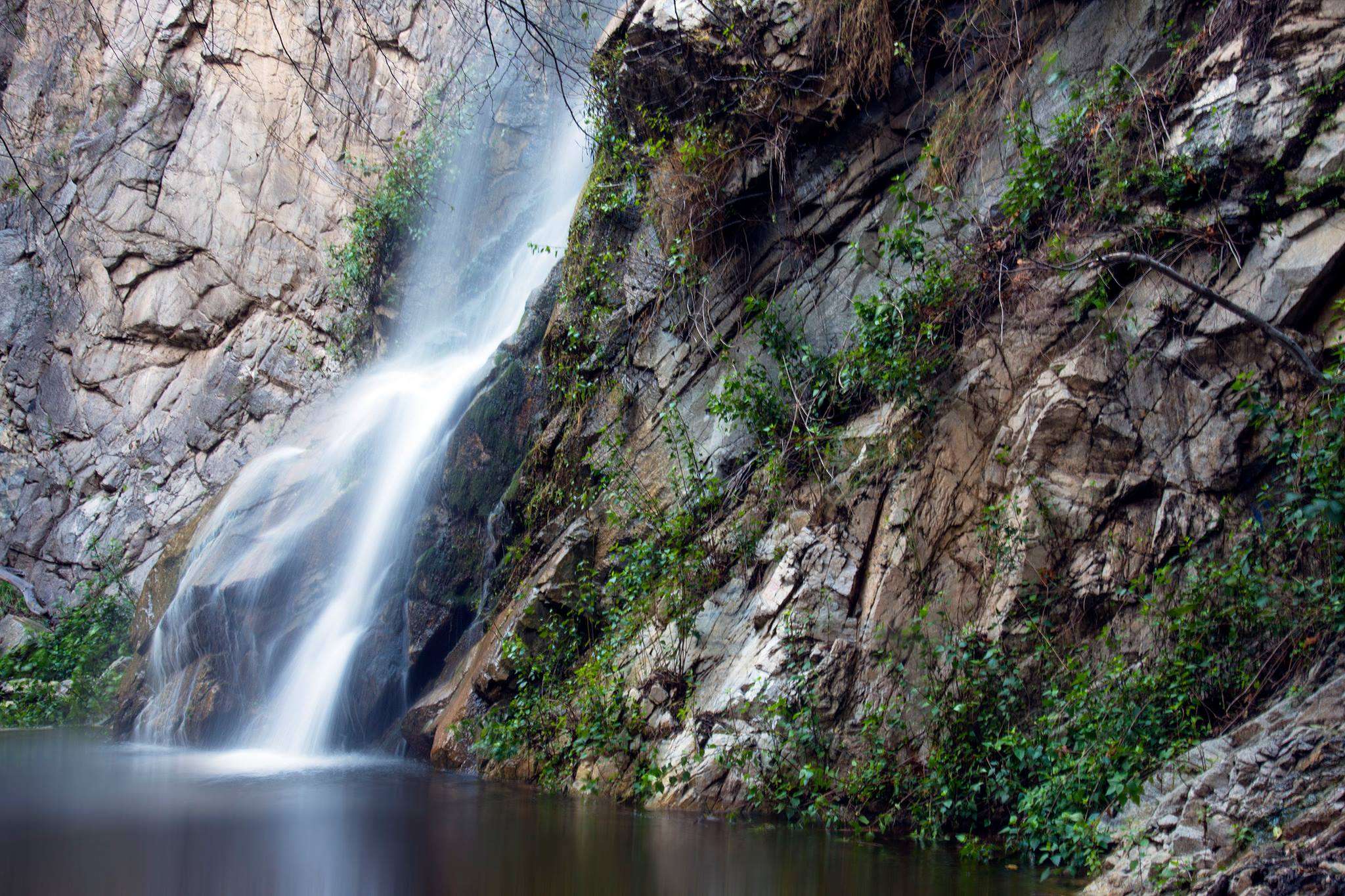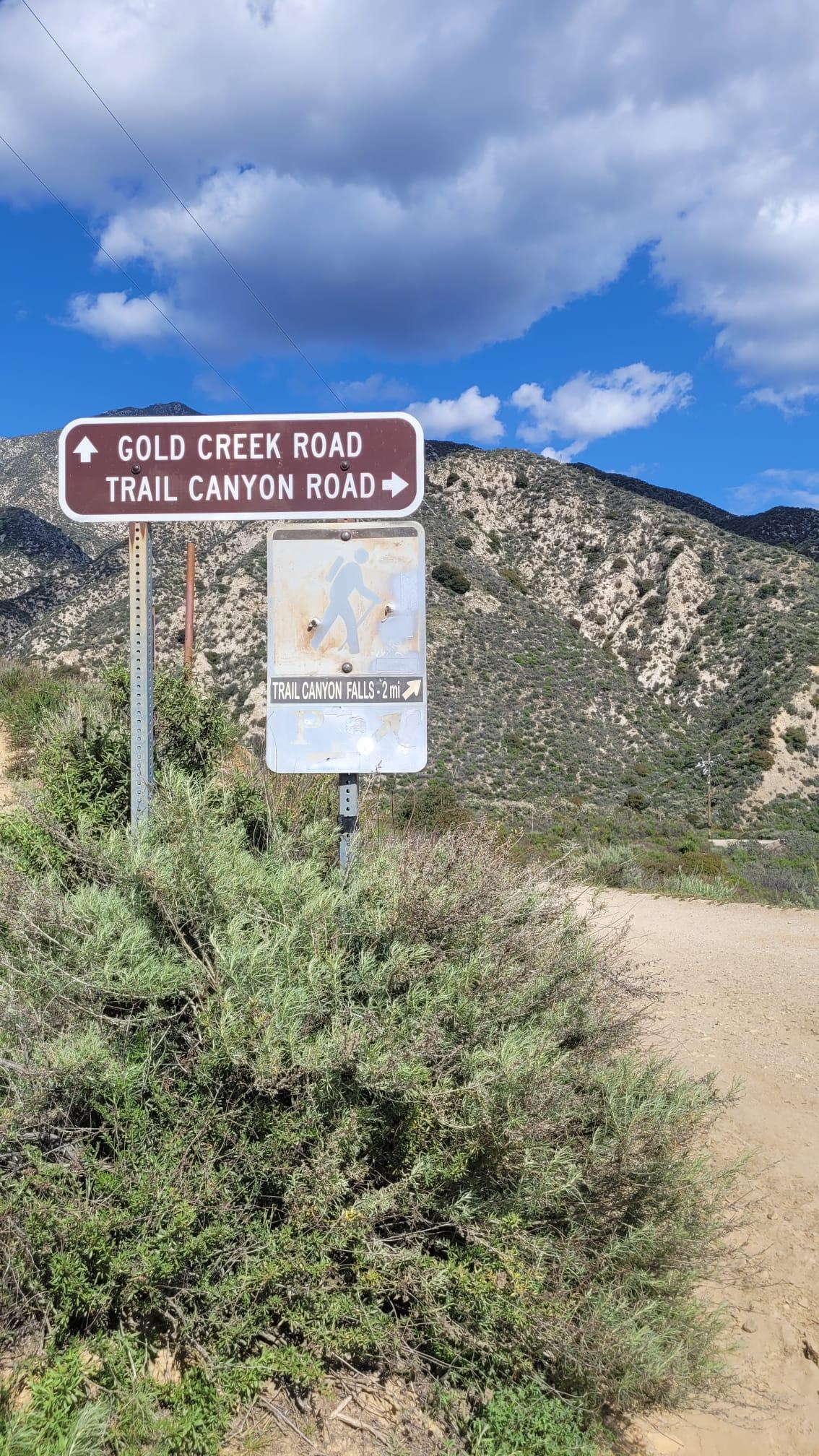Angeles National Forest offers exceptional trout fishing opportunities in Southern California. With its pristine streams, lakes, and rivers, anglers can enjoy catching wild rainbow trout in scenic mountain settings. The forest’s diverse aquatic habitats, from the West Fork of the San Gabriel River to Pyramid Lake, provide year-round fishing experiences for both novice and experienced anglers.
What Species of Trout Can You Find in Angeles National Forest?

The primary trout species in Angeles National Forest is the wild rainbow trout. These fish are particularly abundant in the West Fork of the San Gabriel River, where they carry remnant genes of the rare southern steelhead. The California Department of Fish and Wildlife also stocks various streams and rivers within the forest, enhancing fishing opportunities throughout the year.
Wild Rainbow Trout Characteristics
- Size: Typically 6-12 inches, with some larger specimens
- Habitat: Cold, clear streams and rivers
- Behavior: Wary and challenging to catch, especially in heavily fished areas
Where Are the Best Trout Fishing Spots in Angeles National Forest?

Angeles National Forest boasts several prime locations for trout fishing. Here are some top spots:
- Pyramid Lake
- Large reservoir with both shore and boat fishing
- Stocked regularly with rainbow trout
-
Accessible by car with ample parking
-
West Fork of the San Gabriel River
- Special-regulation wild trout water
- Scenic hiking trails leading to fishing spots
-
Known for its native rainbow trout population
-
East Fork of the San Gabriel River
- Popular for its gold panning history
- Accessible fishing spots along the river
-
Mix of stocked and wild trout
-
Big Tujunga Creek
- Flows through rugged canyon terrain
- Offers both easy access points and remote fishing spots
- Home to wild and stocked rainbow trout
What Fishing Regulations Apply in Angeles National Forest?
Fishing in Angeles National Forest is subject to California state regulations and specific forest rules. Here’s what you need to know:
Licensing Requirements
- California fishing license required for anglers 16 years and older
- Licenses available online or from authorized dealers
Catch Limits and Seasons
- General trout season: Last Saturday in April through November 15
- Special regulations apply to certain waters, like the West Fork San Gabriel River
- Check current regulations for specific limits and restrictions
Special Regulations
- Some areas may have catch-and-release only rules
- Artificial lures with barbless hooks required in certain streams
- Always check local regulations before fishing
What Fly Fishing Techniques Work Best in Angeles National Forest?
Fly fishing in Angeles National Forest can be highly rewarding. Here are some effective techniques:
Recommended Gear
- Light to ultra-light rods (2-4 weight)
- Floating lines for dry fly and nymph fishing
- Long, fine leaders (9-12 feet, 5X-7X tippet)
Effective Fly Patterns
- Dry Flies
- Elk Hair Caddis (sizes 14-18)
- Parachute Adams (sizes 14-18)
-
Blue-Winged Olive (sizes 16-20)
-
Nymphs
- Pheasant Tail (sizes 14-18)
- Hare’s Ear (sizes 14-18)
-
Copper John (sizes 16-20)
-
Streamers
- Woolly Bugger (sizes 8-12)
- Muddler Minnow (sizes 8-12)
Fishing Techniques
- Use stealthy approaches to avoid spooking fish
- Focus on pocket water and riffles in streams
- Try dry-dropper rigs for increased success
How Can You Access Remote Fishing Spots in Angeles National Forest?
Accessing remote fishing spots often requires some hiking. Here are tips for reaching these areas:
- Plan Your Route
- Use forest service maps and trail guides
-
Check trail conditions before heading out
-
Essential Gear
- Sturdy hiking boots
- Backpack for fishing gear and supplies
-
First aid kit and emergency supplies
-
Safety Precautions
- Inform someone of your plans
- Carry plenty of water and snacks
- Be aware of wildlife and changing weather conditions
What Are the Best Seasons for Trout Fishing in Angeles National Forest?
Trout fishing in Angeles National Forest can be enjoyed year-round, but certain seasons offer unique advantages:
| Season | Advantages | Challenges |
|---|---|---|
| Spring | – Increased water flows – Active fish feeding |
– High water levels can make fishing difficult |
| Summer | – Easy access to most areas – Long daylight hours |
– Low water levels in some streams – Crowded popular spots |
| Fall | – Beautiful scenery – Less crowded |
– Decreased insect activity |
| Winter | – Solitude – Potential for larger fish |
– Cold temperatures – Limited access to some areas |
How Can You Practice Responsible Fishing in Angeles National Forest?
Responsible fishing helps preserve the natural beauty and fish populations of Angeles National Forest. Follow these guidelines:
- Practice Catch and Release
- Use barbless hooks
- Minimize handling of fish
-
Release fish quickly and gently
-
Leave No Trace
- Pack out all trash
- Stay on designated trails
-
Respect wildlife and plant life
-
Follow Regulations
- Adhere to catch limits and size restrictions
- Use only permitted fishing methods
- Report any violations to forest rangers
By following these practices, you’ll help ensure that Angeles National Forest remains a prime trout fishing destination for years to come.
References:
1. https://www.tu.org/press-releases/trout-unlimited-backcountry-hunters-and-anglers-laud-expansion-of-san-gabriel-mountains-national-monument/
2. https://www.fs.usda.gov/activity/angeles/recreation/fishing
3. https://www.flyfisherman.com/editorial/southern-californias-winter-trout/455455

